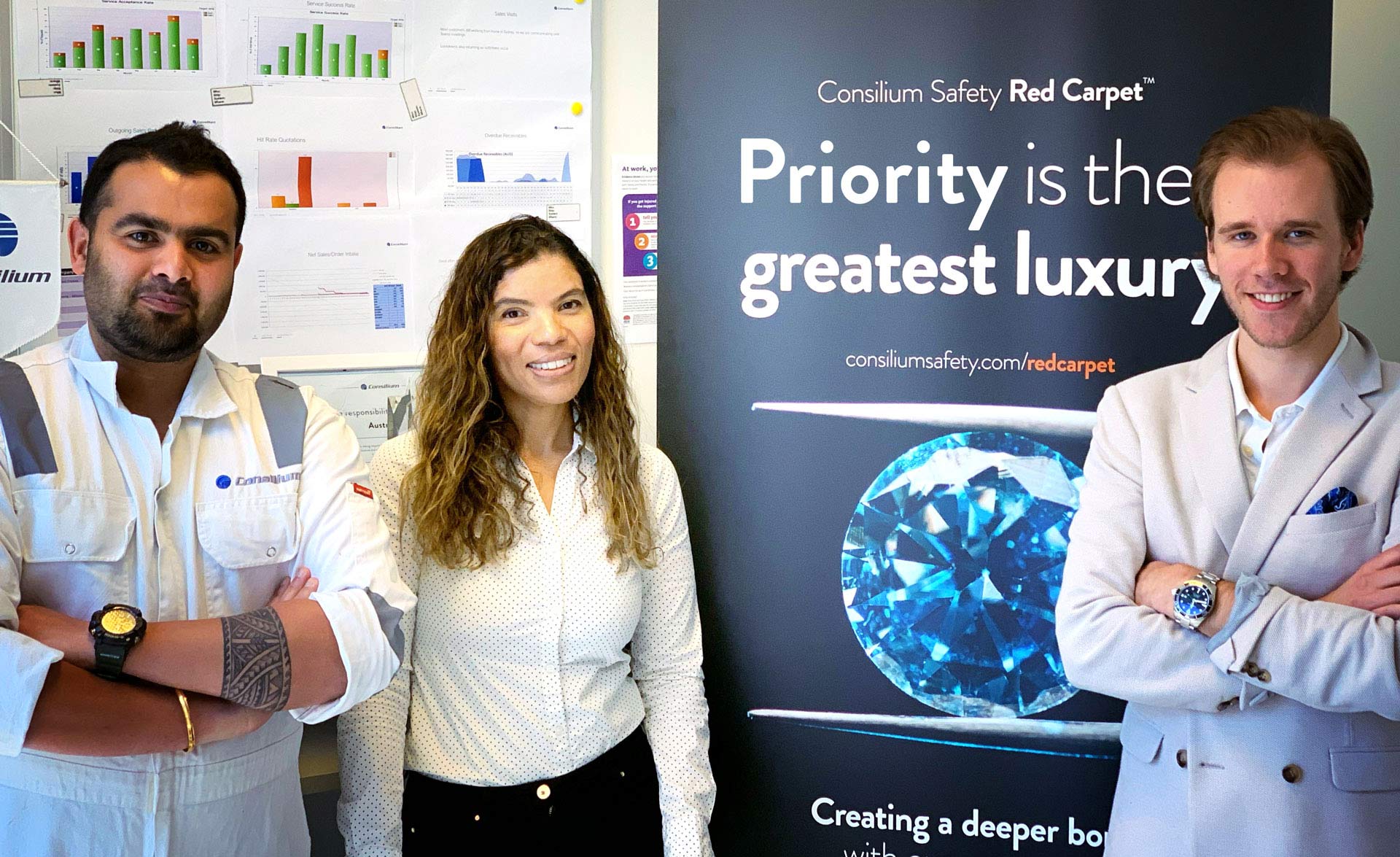Living and working in Russia, Italy and UK – our South African born MD, Kirsty Fillis, now heads up the Consilium Safety team in Australia. We discussed the true value of fire and gas detection systems, which extends well beyond saving lives and assets.
So how long have you been in Australia, Kirsty?
I’ve been in Australia, for five and a half years. Okay, that sounds like I’m counting! But yeah, I initially came out to Sydney and eventually ended up in Newcastle when I joined Consilium.
And have you always worked in Maritime Safety?
No, my work within Maritime Safety only started when I joined Consilium, which was four years ago. Before that I worked in the liner industry. I started my maritime career with Maersk, and after eight years there, left to work in the ships agency industry.
What is your role at Consilium Safety?
My current role at Consilium Safety is MD of Consilium Australia. So, I manage a small team over here in Newcastle, with responsibility to cover Australia, Pacific Islands and New Zealand.
We are a team of five persons, but then we have a lot of coverage nationally, working with sub-contractors or certified agents. That’s how we manage to cover those big territories.
Has Covid affected the needs of your customers?
Yes, lately customers have placed a lot more emphasis on our global support network. It’s a need that’s become very obvious, during the last 18 months with international travel bans, leaving some customers exposed, when engineers weren’t able to travel abroad to complete service attendances. Consilium’s global support network is certainly reassuring to them in this case.
And given the current nature of the industry/economy, everybody’s looking at the bottom line. So, if it costs less to buy, they might be persuaded to go for it. But, you know, what looks cheap now can become problematic and expensive to maintain or service.
The cost of a fire detection system, when compared to the overall cost of a new build, is a fraction of 1% – which is nothing when you consider the value of saving lives, saving the cargo and the vessel itself
So how does Consilium position itself to cost-conscious customers?
We offer valuable cost-savings through our after sales service. Our engineers provide remote support and also offer to train the crew during attendances. Also, with our global network, there are cost savings from having local engineers present, rather than flying someone thousands of miles to perform a service.
It’s also worth pointing out to them the tiny cost of a fire detection system, when compared to the overall cost of a new build. We’re talking about a fraction of 1% – which is nothing when you consider the value of saving lives, saving the cargo and the vessel itself.
Are there any other reasons why customers shouldn’t buy the minimum needed to comply with regulations?
Well, it differs from one customer to the next and depends on their industry. But from the customers we’ve dealt with, value adds such as ease of maintenance and ease of operation are important.
They also start looking for possibilities for remote monitoring by themselves, or in a call centre on land. They look at compatibility with their other systems, and the ease of upgrading should their requirements change.
Along with system longevity. Because essentially, they want the safety systems to run with minimal trouble. So sustained longevity and reliable support become deciding factors when they go through advanced solutions.
Aside from saving lives and assets, what else can you protect with a fire detection system?
Again, cost minimization is a big factor. With an effective fire detection system, cost minimization comes in the form of quicker response times. This can minimize the damage or loss of cargo.
And that ties in with protecting your reputation. Essentially the cargo owners are trusting the ship owners with their cargo. Having a reputation for installing the best possible safety equipment on your ships is invaluable. Thinking back to my days at Maersk line: reputation meant everything to them. When you have a good reputation, you can charge a premium.
Cargo owners are trusting the ship owners with their cargo. Having a reputation for installing the best possible safety equipment is invaluable.
What does the future look like for Consilium Safety?
I think it’s pretty exciting future that lies ahead. Of course, we’re also having to adapt to the market changes and meet our customer requirements. Consilium has recently taken a number of strategic strides to improve the value proposition to our customers, as well as rewarding loyal customers. It’s quite pleasing to be part of such a global team that puts safety and customer closeness, at the forefront of what we do.
And when I mention “customer closeness” it really ties in with the after sales market, which sets us apart from our main competitors. Having all these offices around the world, we really can be close to our customers.
Banner image (L-R): Jishnu Raj (Service Engineer) Kirsty Fillis (MD) and Filip Tonsjo (Aftersales Co-ordinator). As discussed in the interview with Kirsty, Jishnu provides remote support to customers; Filip worked on the analysis of the Consilium FDS price in relation to overall new build costs.
Consilium Safety Australia
- Fire and gas detection systems
- Marine, defence and transport industries
- Covers Australia, New Zealand, Pacific Islands and Papua New Guinea
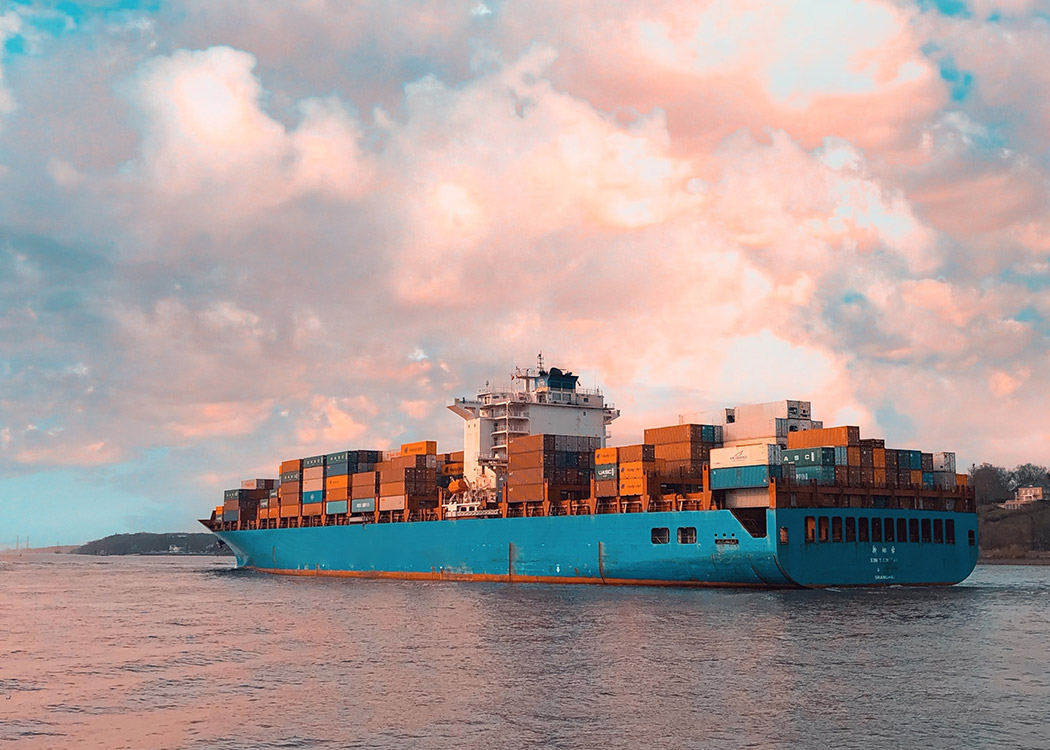
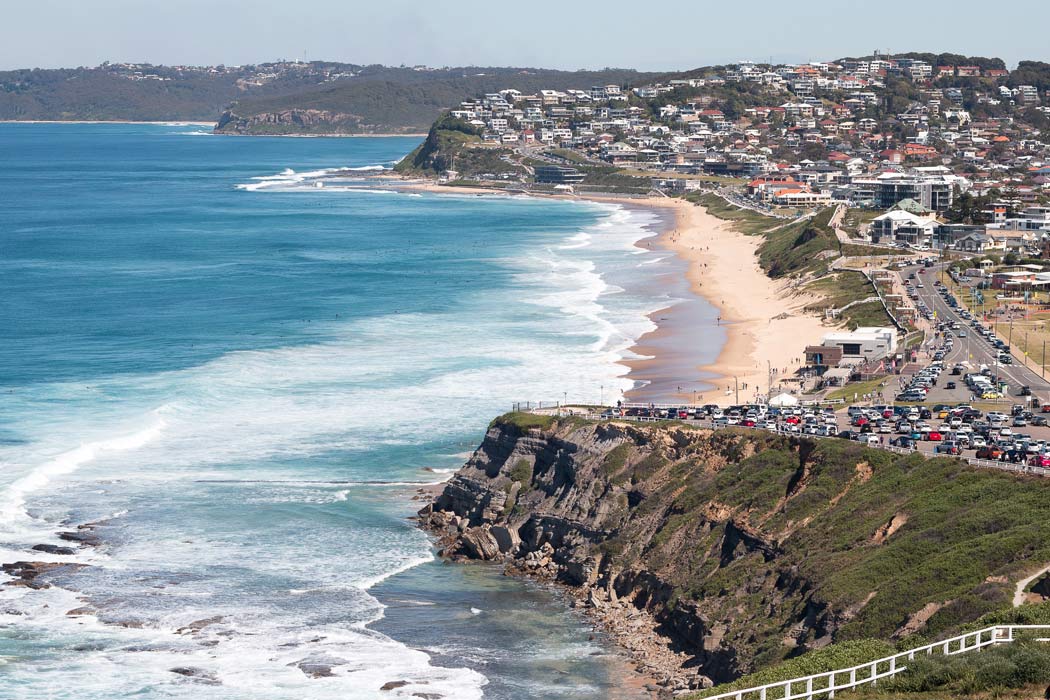
Quick facts about Newcastle
- Located in New South Wales (160 km north of Sydney)
- Population of 450,000 is Australia’s 7th largest
- Important export port with 2,200 trade vessels visiting each year
- Whale watching in Port Stephens
- One hour drive to Hunter Valley wine region
Latest news
News archive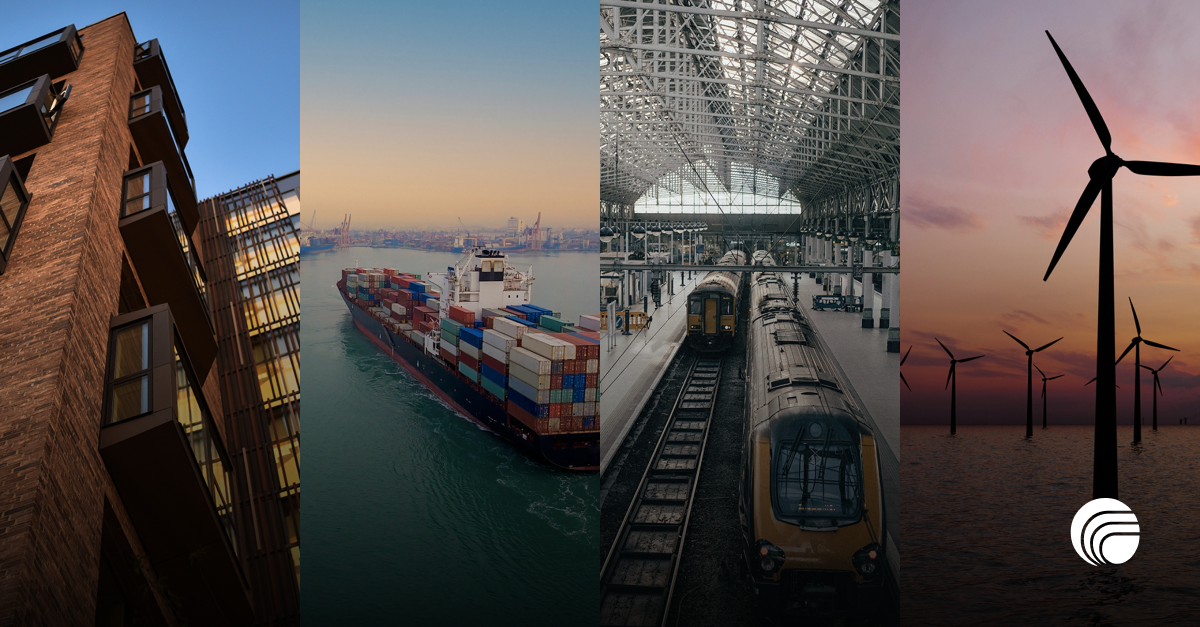
Patrik Andersson appointed New Chairman of the Board at Consilium Safety Group

Consilium expands into Türkiye’s shipbuilding hub through the acquisition of Ares Marine
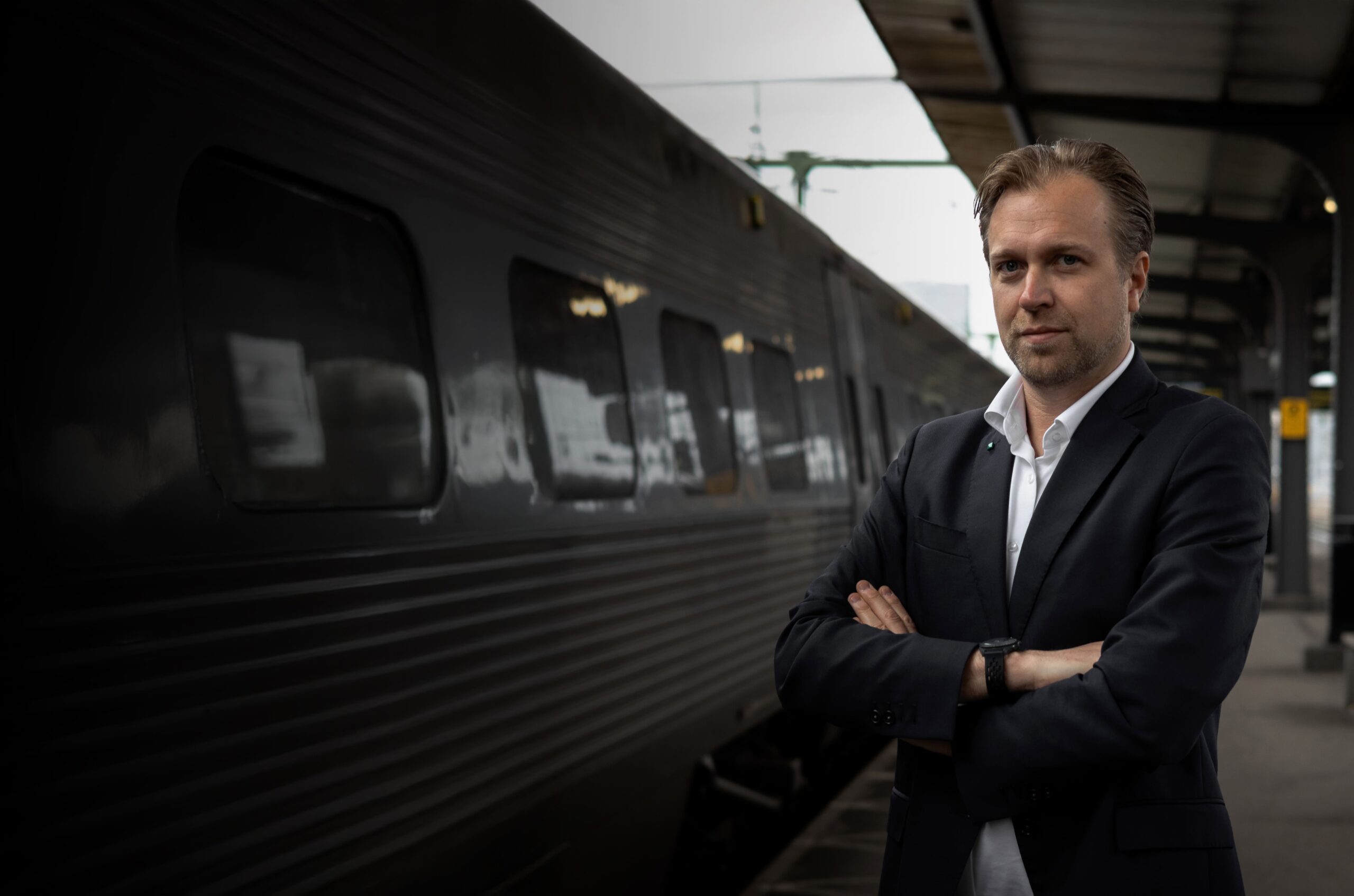
Henrik Gjörloff: “Our job is to ensure safety so passengers can enjoy their journey”
Talk safety with us
There are thousands of questions regarding safety. But there are also thousands of answers. Talk safety with us – we are ready when you are.
